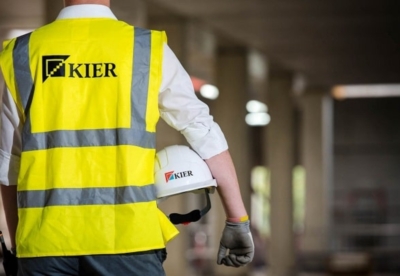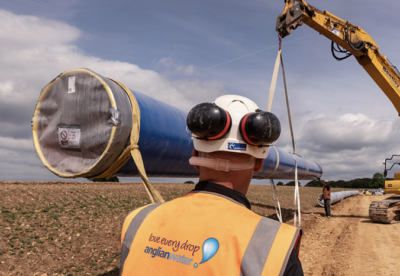Up to 1.48m construction staff and self-employed workers have received some kind of wages support during the coronavirus outbreak.
According to latest Government figures, so far 801,000 self-employed construction workers have received pay-outs from the Self-Employment Income Support Scheme, totalling over £2.8bn.
Over the same period, more than 150,000 construction firms submitted claims for Government support for 680,000 furloughed staff under the Coronavirus Job Retention Scheme.
This amounts to nearly £1.8bn in Government support to pay construction salaries for the period March-May.
Rishi Sunak, Chancellor of the Exchequer, said: “The UK Government is doing everything we can to protect jobs and businesses across the UK during the crisis.
“Our unprecedented job retention and self-employment support schemes have supported the livelihoods of millions and will help ensure our recovery is as swift as possible.”
Construction has accounted for almost 8% of all-industry furlough claims, while receiving 10% of the total support in value terms.
On average, this amounts to each employee receiving £2,647 support during the three months, although most will not have received payment throughout this period.
The CJRS scheme currently provides employers with financial support up to 80% of salary, capped at £2,500 per month per employee, plus the associated Employer National Insurance contributions and pension contributions on the furlough pay.
This original ‘mark 1’ version of the CJRS closes at the end of this month.
From July to the end of October, it will be replaced with a revised ‘mark 2’ version of the scheme, which will allow employers to bring furloughed staff back into work on a part-time basis.
As long as staff were previously furloughed for at least a full three-week period, they can work any amount of time or shift pattern, while still being able to claim CJRS grant for their normal hours not worked.
The support from the mark 2 scheme will be scaled-down from September.
Then the government will pay 70% of wages up to a cap of £2,187 for the hours an employee does not work.
Employers will need to pay ER NICs and pension contributions and 10% of wages to make up the 80% total.
In October, the government will pay 60% of wages up to a cap of £1,875 for the hours the employee does not work. Employers will then pay ER NICs and pension contributions and 20% of wages.
Despite the ongoing support the first major contractors have started to unveil job cuts as they adjust businesses to deal with the expected fall off in work.
So far private building contractor Wates has started consultations for an 8% cut in staff numbers, while regional civils contractor Osborne is planning to make 7% of staff redundant due to the financial impact of the continuing Covid-19 pandemic.






















































.gif)


